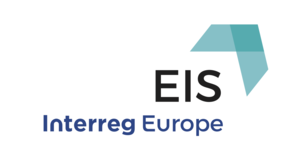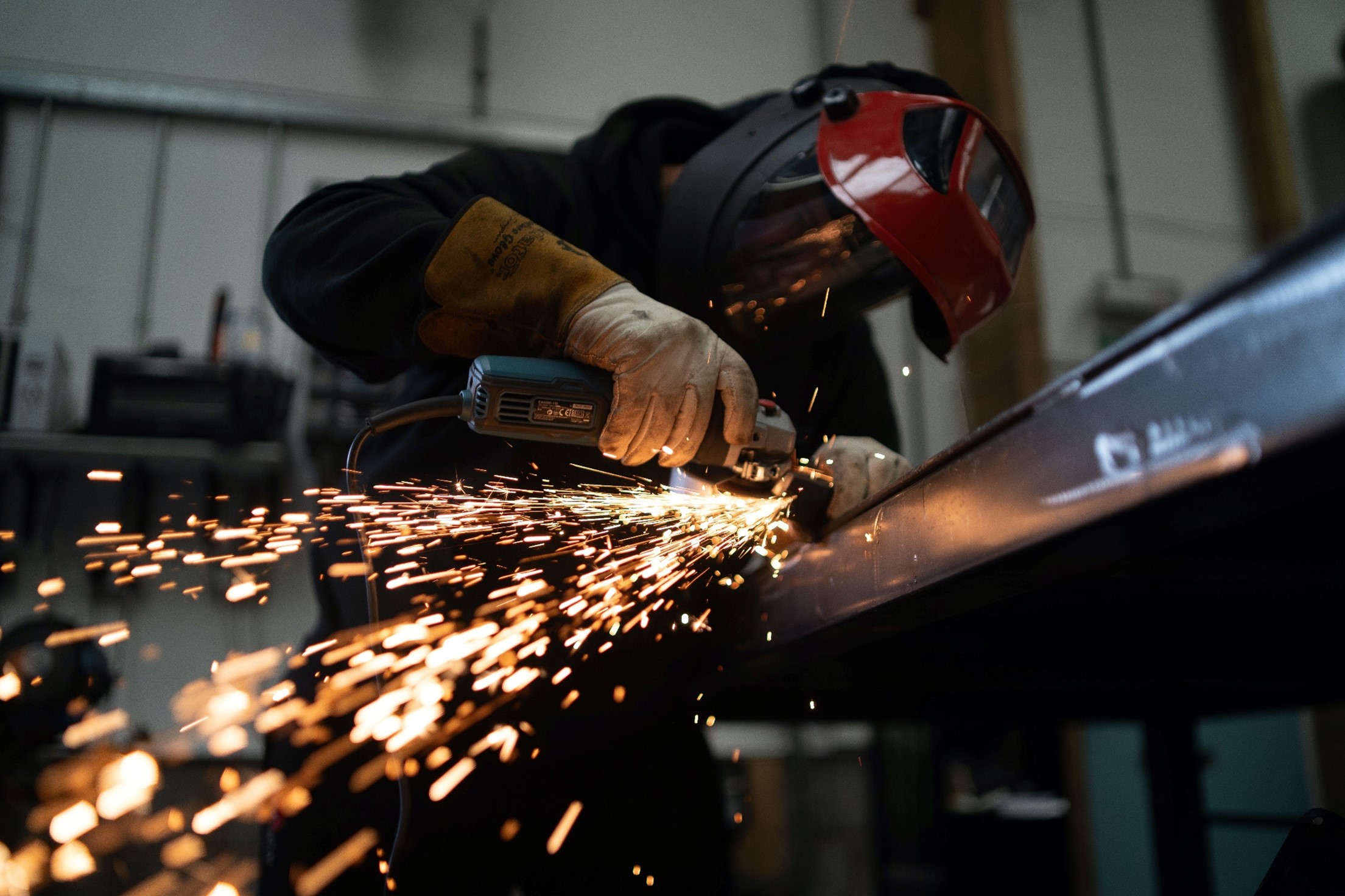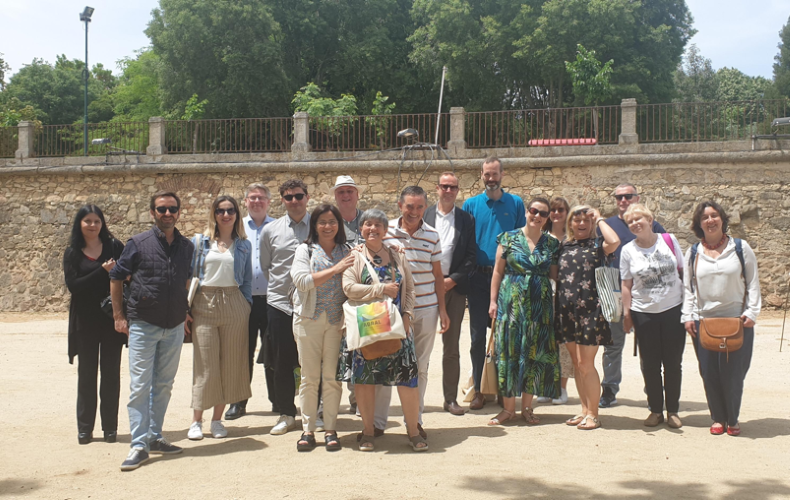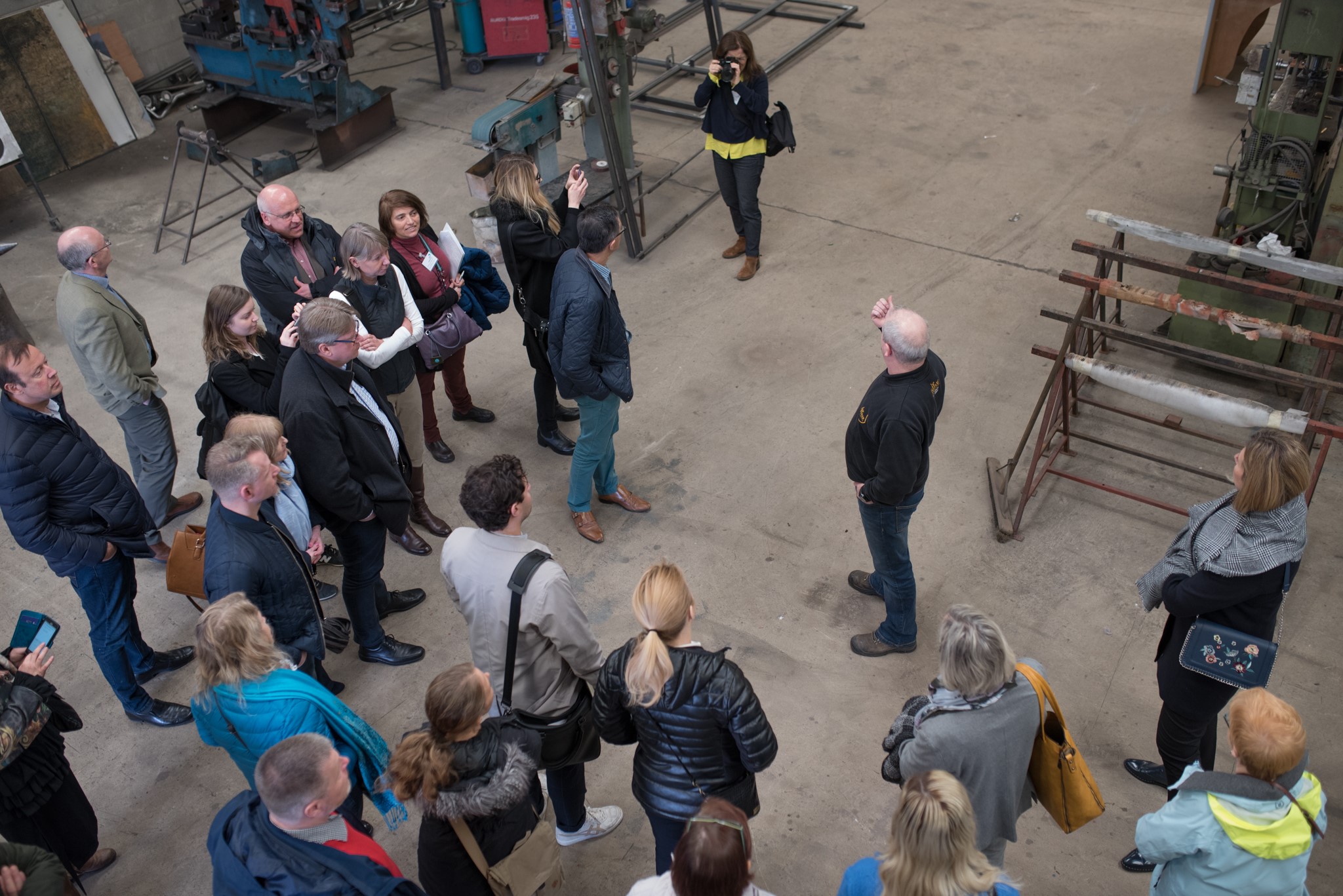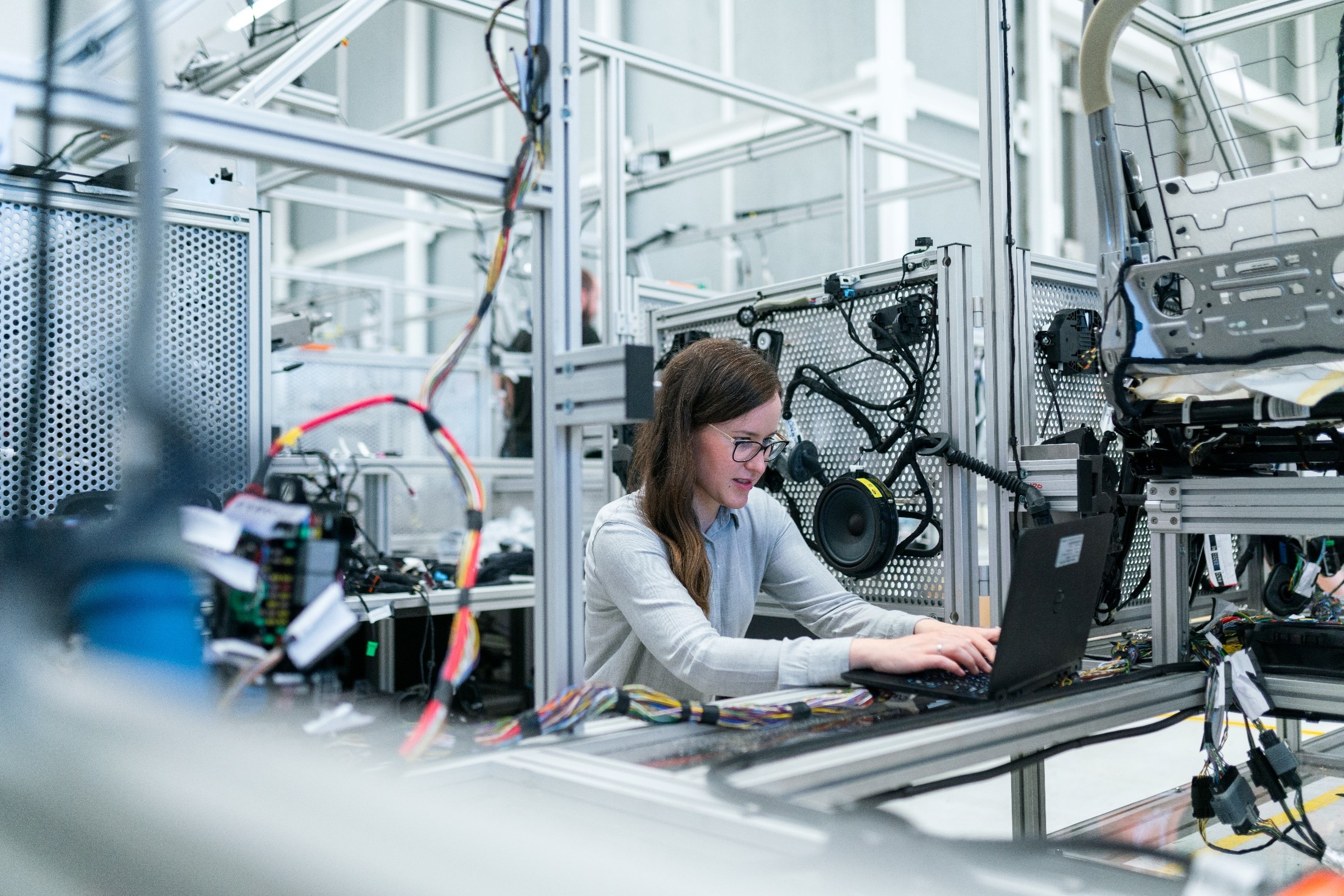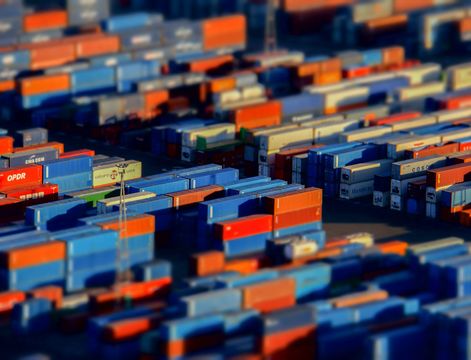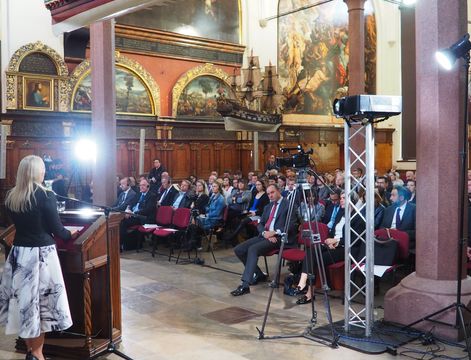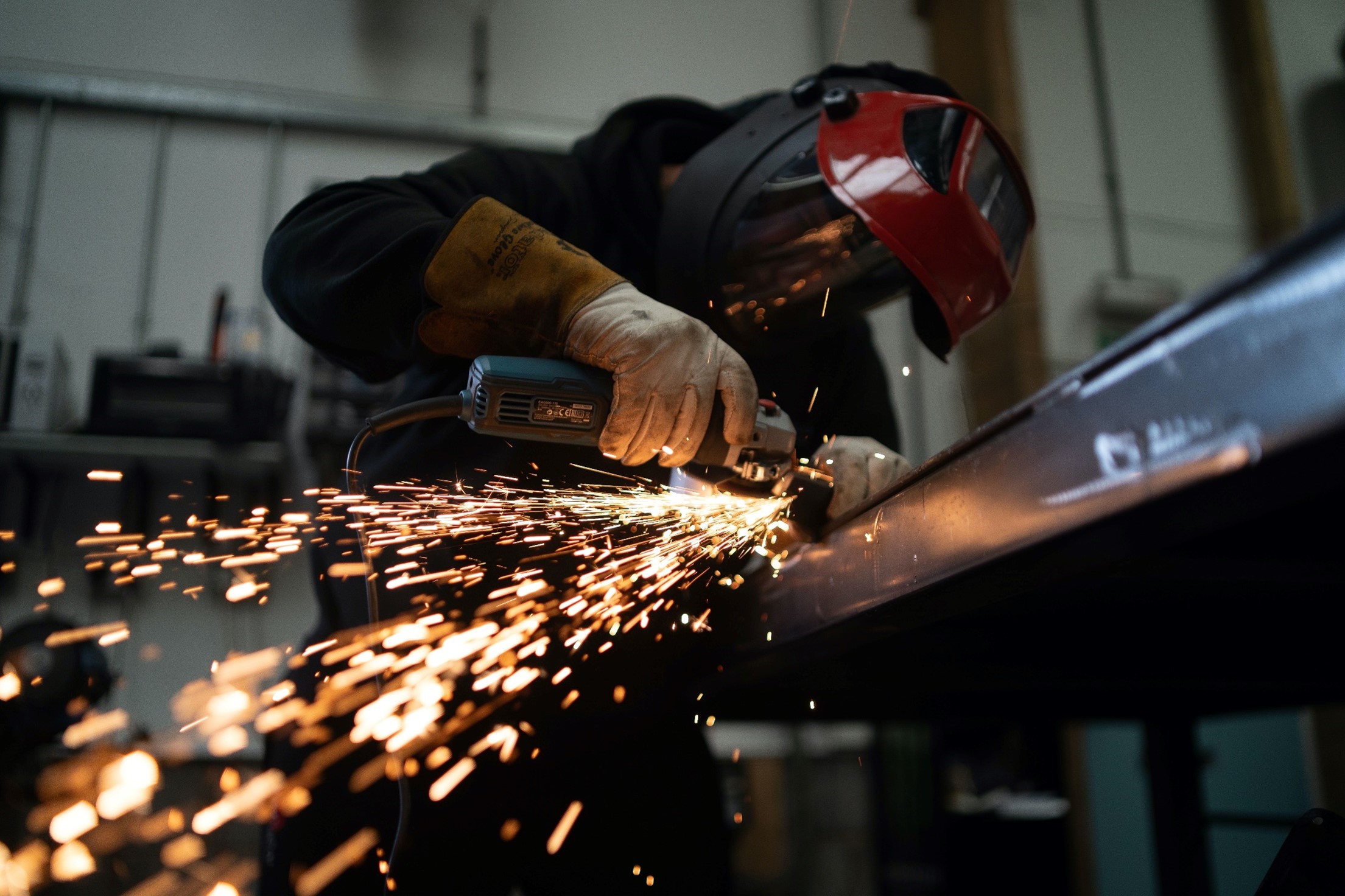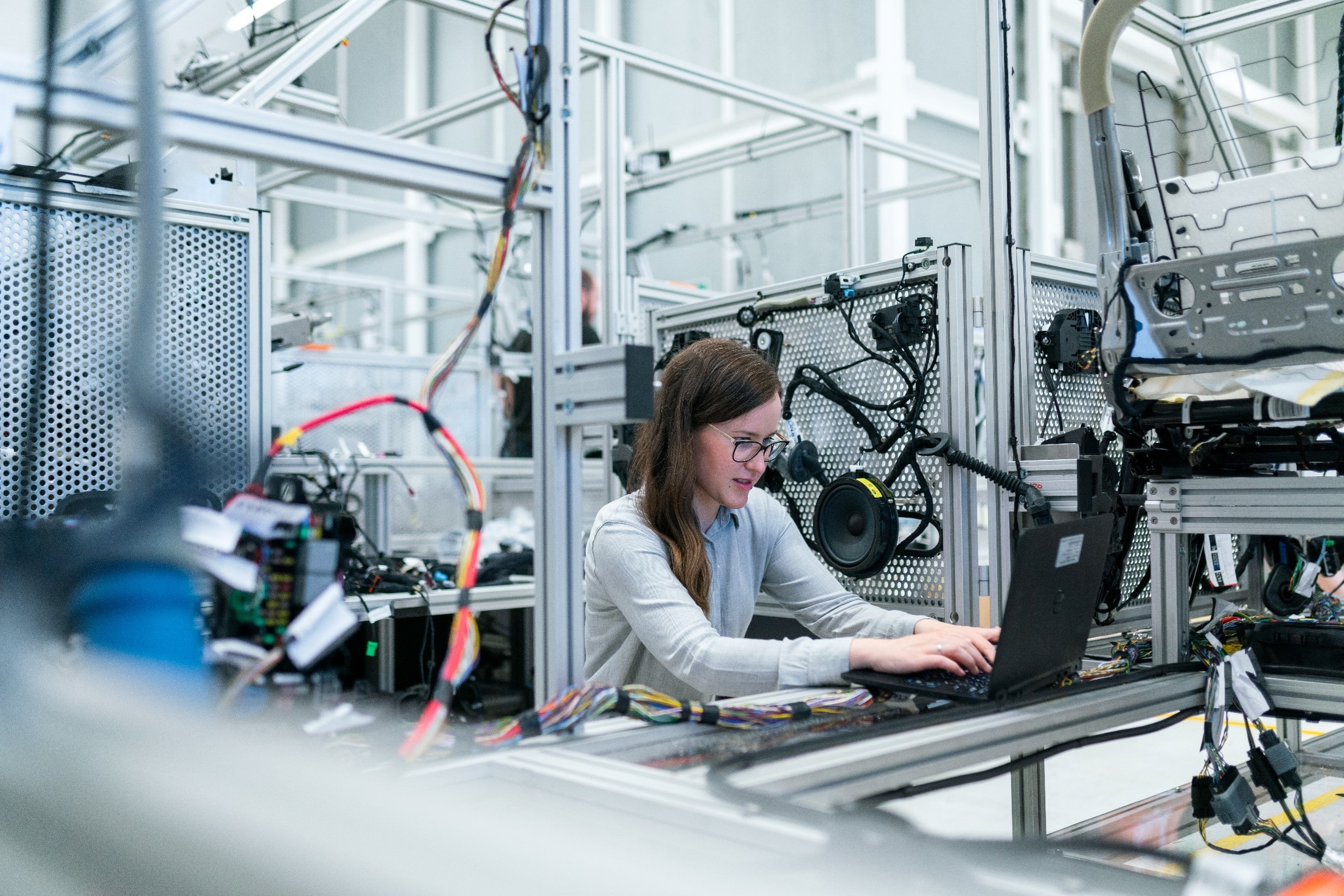On 28-29 June 2017, the seven partner regions in the Everywhere International SMES (EIS) project gathered in Aarhus, Denmark. This meeting followed on from the kick-off workshop in Hampshire in March. The Interregional Learning Workshops (ILWs) are at the core of the EIS project, and the meeting in Aarhus was the second of these.
Each EIS region will host an ILW during the first phase (two years) of the project. By the end of year two, all seven partner regions will have undergone a Peer Review process critically analysing their own SME internationalisation programmes. The Peer Review process will provide valuable feedback to each EIS region on the strengths and weaknesses of their approach, identify good practices, and develop the EIS tool methodology to help prepare Action Plans for implementation by each EIS region during phase 2.

At the ILW in Aarhus the SME internationalisation programmes from Central Denmark Region (CDR) and Donegal, Ireland, were peer reviewed. Prior to the meeting both CDR and Donegal prepared detailed briefing packs on their approach to helping SMEs take their business internationally to the other project partners, so that partners could examine and ask preliminary questions before the workshop. During the workshop the two peer reviewed regions facilitated discussions about their programmes and ensured that all the other EIS regions undertook a final critical assessment.
The feedback provided to each peer reviewed region by the EIS project partners will help create new best practices, confirm existing procedures, highlight areas of possible improvement and aid internal reflection - as Michael Tunney, EIS project lead from Donegal County Council in Ireland stated “One of the benefits of sitting back and listening to others reviewing your system is that it makes you reflect deeply about how you do things.”
By the end of the first phase of the project, every region will develop an action plan that identifies areas for improvement in their business support services targeting SMEs considering internationalising their business. In the second phase of the EIS project, the partner regions will implement these action plans and measure impact.
Local stakeholder turnout strengthens commitment to EIS & enriches discussions
Several of the EIS partner regions brought local stakeholders to Aarhus to participate in the peer review process. It makes a real difference to involve partners from local business support services - especially for the peer reviewed regions – as tasks within SME internationalisation support is often divided across different organisations which can be confusing for all. Moreover, EIS aims to spur learning and a common understanding between organisations involved in internationalisation support for SMES from the same region.
All the key organisations that are part of the business support services in the seven regions are involved in the EIS local stakeholder groups for their region and, as such, are crucial for the success of the project. In the first phase, because they – together with the EIS project partner from the region – map, critically assess and evaluate their own and others’ business support services. In the second phase, as operators, the local stakeholder groups will be responsible for implementing the action plans in their own region during the EIS project’s final two years.

